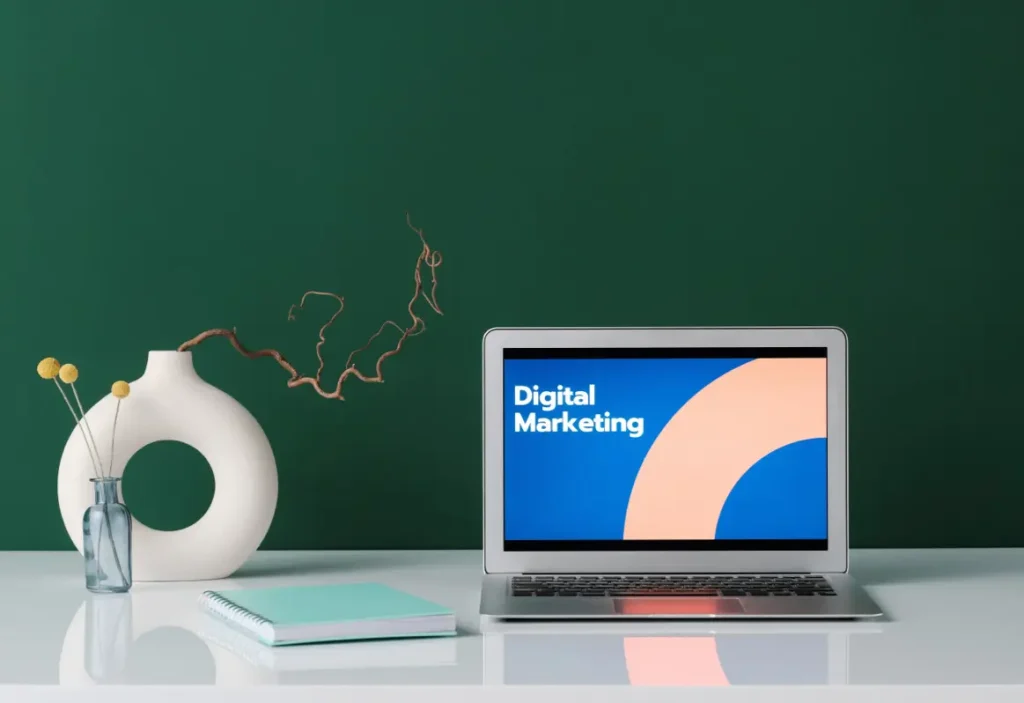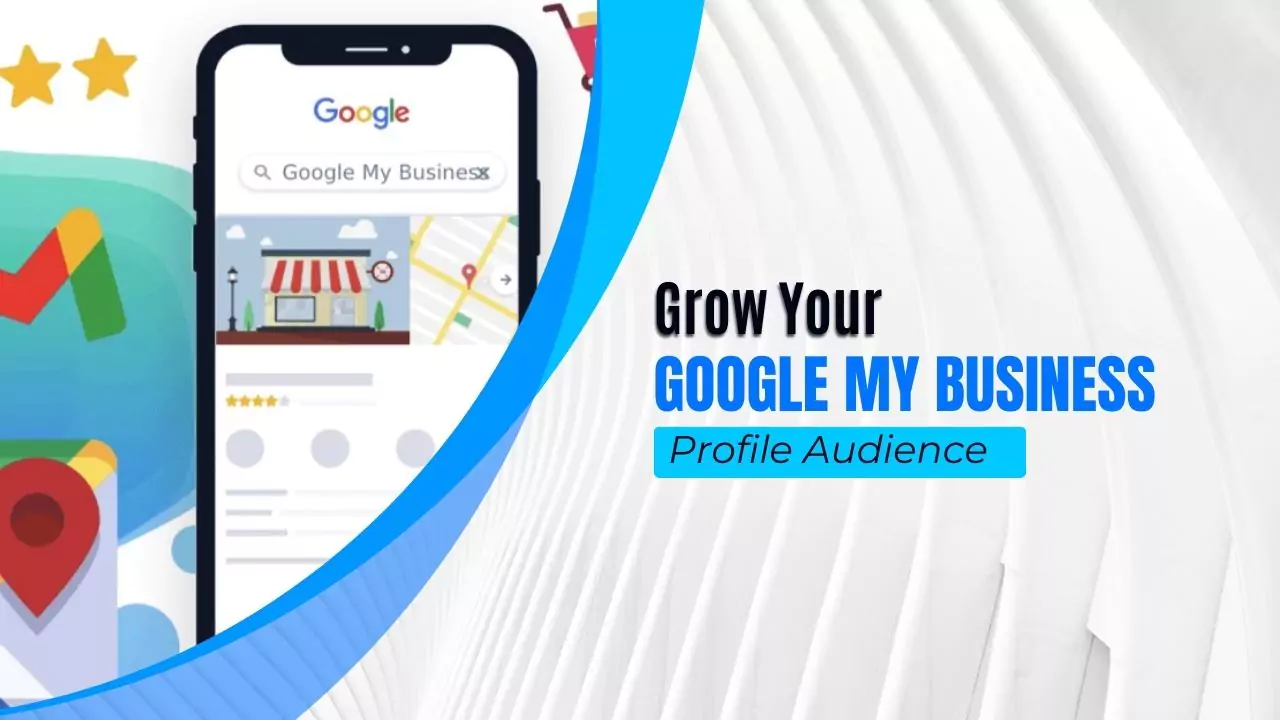When small businesses embark on their journey, their initial focus often revolves around attracting the first few customers through traditional advertising methods like brochures, print ads, or even outdoor signage. While these tactics can bring in some business, there’s a more efficient and far-reaching strategy available: digital marketing. By embracing digital channels, small businesses can tap into the global online marketplace, leveraging both traditional and digital marketing to maximize their reach and impact.
In this blog, we’ll explore how small businesses can harness the power of digital marketing to grow and thrive. We will cover essential strategies, highlight the benefits of digital marketing, and provide actionable steps to get started.
Why Digital Marketing Matters for Small Businesses
Digital marketing offers unparalleled opportunities for small businesses to reach a vast audience, often at a fraction of the cost of traditional advertising. Consider these compelling statistics:
- 76% of consumers search for a company online before visiting a store.
- 45% of consumers are likely to visit a business after finding a strong online presence.
These numbers underscore the importance of a robust digital marketing strategy. Here are some key benefits of leveraging digital channels:
- Global Reach: Digital marketing breaks geographical boundaries, allowing you to reach potential customers anywhere, anytime.
- Cost-Effective: Compared to traditional marketing, digital strategies can be more affordable and offer better ROI.
- Targeted Marketing: Use data-driven insights to target the right audience at the right time with hyper-personalized content.
- Measurable Results: Track and analyze your campaigns in real-time, making it easier to optimize your efforts.
- Enhanced Customer Interaction: Engage with your audience at every stage of the buying process, boosting customer loyalty and satisfaction.
Essential Digital Marketing Strategies for Small Businesses
1. Conduct Competitor Research
Understanding your competitors is crucial for crafting a successful digital marketing strategy. By analyzing their tactics, you can identify what works and what doesn’t. Here’s how to get started:
- Content Analysis: Examine the types of content your competitors produce, such as blogs, videos, and social media posts.
- Brand Communication: Observe how they communicate their brand values and unique selling points.
- Engagement Strategies: Look at how they engage with their audience across different platforms.
- Tools for Research: Utilize tools like Semrush for keyword ranking, Ahrefs for backlink analysis, and BuzzSumo for content performance insights.
2. Leverage SEO
Search Engine Optimization (SEO) is vital for ensuring your business appears in search results when potential customers are looking for your products or services. Here are key steps to optimize your SEO:
- Keyword Research: Identify relevant keywords with high search volume and low competition.
- Local SEO: Optimize your online presence for local searches to attract nearby customers. Use Google Business Profile to enhance local visibility.
- Content Creation: Develop high-quality, keyword-rich content, including blogs, FAQs, and service pages.
3. Be Proactive on Social Media
With over 5 billion users worldwide, social media is a powerful platform for small businesses. Here’s how to make the most of it:
- Choose the Right Platforms: Focus on platforms where your target audience is most active. For example, Instagram and TikTok for younger audiences, LinkedIn for B2B interactions.
- Content Strategy: Balance self-promotional content with valuable, shareable posts. Encourage user-generated content to build community engagement.
- Engage Actively: Respond to customer queries and feedback promptly to demonstrate your commitment to customer service.
4. Target Existing Customers
Your existing customers are a valuable asset. Nurture these relationships through personalized email marketing:
- Segment Your Audience: Create targeted campaigns based on customer behavior, demographics, and purchase history.
- Grow Your List: Use tactics like subscriber discounts, referral programs, and giveaways to expand your email list.
- Provide Value: Offer exclusive content, discounts, and updates to keep your subscribers engaged.
5. Collaborate with Influencers
Influencer marketing can amplify your reach and credibility. Choose influencers who align with your brand values and have a genuine connection with their audience. Consider activities like:
- Sponsored Posts: Partner with influencers to create content that highlights your products.
- Giveaways and Contests: Engage followers through interactive campaigns.
Guest Blogs and - Reviews: Leverage influencers’ expertise to build trust with potential customers.
6. Optimize Your Marketing Budget
Digital marketing allows for precise budget allocation, ensuring you get the most bang for your buck. Here’s how to manage your budget effectively:
- Platform Selection: Choose advertising platforms that align with your target audience. For example, use LinkedIn for B2B marketing and Instagram for consumer products.
- Test and Refine: Run A/B tests to determine which ads perform best and adjust your strategy accordingly.
- Focus on ROI: Track the performance of your campaigns to ensure they are delivering a positive return on investment.
Real-World Examples of Digital Marketing Success
Zac’s Sweet Shop
Zac’s Sweet Shop leverages a compelling personal story and strategic shout-outs from celebrities like Beyoncé to drive sales. Their website features engaging elements like mystery boxes and autoplay videos, creating an immersive shopping experience.
KidRunner
KidRunner, a company that makes innovative running strollers, uses customer reviews and testimonials to build trust and drive sales. Their focus on customer satisfaction and feedback has helped them grow a loyal customer base.
Lentiful
Lentiful, a plant-based food company, uses vibrant design and a strong Instagram presence to engage with their audience. Their focus on quality content over quantity has helped them build a dedicated following.
Conclusion
Digital marketing is a powerful tool for small businesses looking to grow and thrive in today’s competitive landscape. By understanding your audience, leveraging the right platforms, and continuously optimizing your strategies, you can build a strong online presence and drive meaningful results. At Wideripples, we specialize in helping small businesses master digital marketing. Contact us today to learn how we can help you achieve your marketing goals.
























